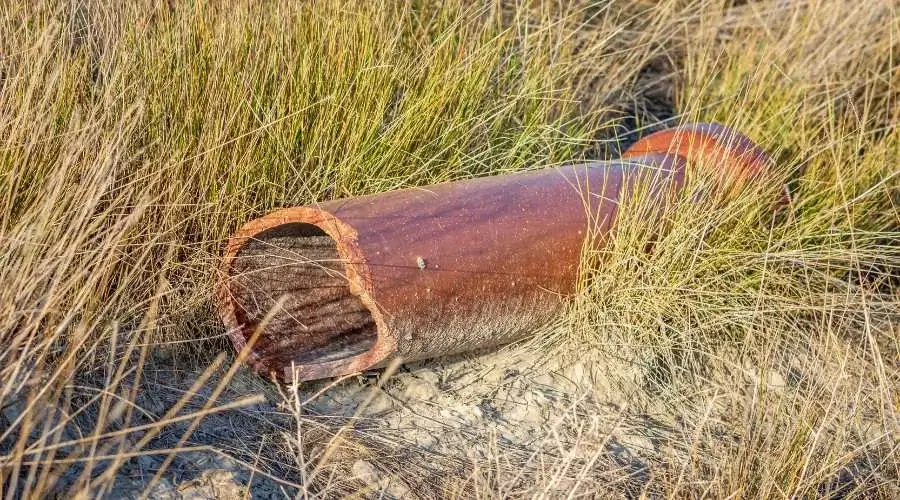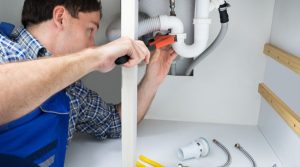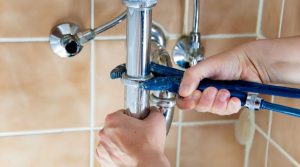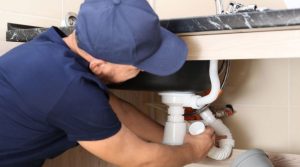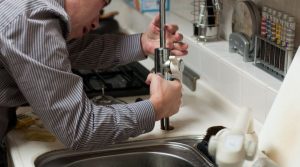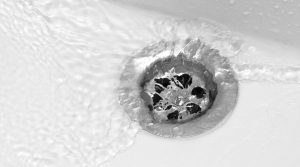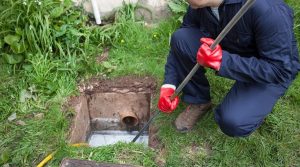Key Takeaways
- Recognize Early Signs: Indicators of a broken sewer pipe include higher water bills, low water pressure, slow drains, strange odors, wet spots on your property, and gurgling sounds.
- Understand Common Causes: Factors such as tree root intrusion, pipe corrosion, ground shifting, and improper pipe installation can lead to sewer pipe damage.
- Prompt Professional Intervention: If you suspect a sewer pipe break, contacting a professional plumber promptly can prevent further damage and costly repairs.
A broken sewer pipe poses significant risks to your property and health. Identifying the signs early and understanding the causes can help in taking swift action to mitigate potential damage.
Common Causes of Sewer Pipe Breaks
Understanding the root causes of sewer pipe failures can aid in prevention and timely repairs:
- Tree Root Intrusion: Tree roots naturally seek moisture and can infiltrate sewer lines through small cracks, expanding over time and causing significant damage.
- Pipe Corrosion: Over time, pipes, especially those made from materials like cast iron or clay, can corrode due to chemical reactions with soil and wastewater, leading to weaknesses and eventual breaks.
- Ground Shifting and Settling: Natural events such as earthquakes, landslides, or soil erosion can cause the ground to shift, placing undue stress on buried sewer lines and leading to fractures or collapses.
- Improper Installation: Sewer pipes that were not installed correctly or lack proper support are more susceptible to damage over time due to environmental pressures.
Steps to Take If You Suspect a Broken Sewer Pipe
If you observe any signs of a potential sewer pipe break, it’s crucial to act promptly:
- Limit Water Usage: Reduce water consumption to prevent exacerbating the issue and avoid potential sewage backups into your home.
- Contact a Professional Plumber: Engage a licensed plumber to conduct a thorough inspection, often utilizing video camera technology to accurately diagnose the problem.
- Discuss Repair Options: Depending on the severity and location of the damage, repair methods may include:
- Trenchless Pipe Repair: Techniques like pipe lining or pipe bursting allow for repairs without extensive excavation, minimizing disruption to your property.
- Traditional Excavation: In cases where trenchless methods aren’t feasible, traditional excavation may be necessary to replace the damaged section of the pipe.
- Trenchless Pipe Repair: Techniques like pipe lining or pipe bursting allow for repairs without extensive excavation, minimizing disruption to your property.
Preventive Measures
To reduce the risk of sewer pipe breaks:
- Regular Inspections: Schedule routine plumbing inspections to identify and address potential issues before they escalate.
- Mindful Landscaping: Plant trees and shrubs away from sewer lines to prevent root intrusion.
- Proper Waste Disposal: Avoid flushing non-biodegradable items or pouring grease down drains, as these can lead to blockages and increased pressure on pipes.
Frequently Asked Questions
Q1: How can I tell if my sewer line is damaged?
Common indicators include persistent foul odors, slow drains, unusual wet spots in your yard, and gurgling sounds from plumbing fixtures.
Q2: What should I do if I suspect a sewer pipe break?
Immediately reduce water usage and contact a professional plumber for an inspection and appropriate repair recommendations.
Q3: How are sewer pipe breaks repaired?
Repair methods vary based on the damage’s extent and location, ranging from trenchless techniques like pipe lining to traditional excavation and replacement.
Q4: Can I prevent sewer pipe breaks?
While not all breaks are preventable, regular maintenance, mindful landscaping, and proper waste disposal can significantly reduce the risk.
Q5: How much does it cost to repair a broken sewer pipe?
Repair costs vary widely based on factors like the damage’s severity, repair method chosen, and local labor rates. Obtaining multiple quotes from reputable plumbers is advisable.
Q6: How long does a sewer pipe repair take?
The repair duration depends on the damage’s extent and the chosen repair method, ranging from a few hours for minor repairs to several days for extensive replacements.
Q7: Are trenchless repair methods effective?
Yes, trenchless methods like pipe lining and pipe bursting are effective, less invasive, and often more cost-effective than traditional excavation.
Q8: Will my homeowner’s insurance cover sewer pipe repairs?
Coverage varies by policy and insurer. Review your policy details or consult with your insurance provider to determine coverage specifics.
Q9: What causes sewer pipes to break?
Common causes include tree root intrusion, pipe corrosion, ground shifting, and improper installation.
Q10: How can I maintain my sewer lines?
Regular inspections, proper waste disposal, and mindful landscaping can help maintain the integrity of your sewer lines.
Conclusion
Being vigilant about the signs of a broken sewer pipe and understanding the underlying causes are crucial steps in protecting your property and health. Regular maintenance and prompt professional intervention can prevent minor issues from escalating into significant problems.
Need a Reliable Plumber in Jersey City?
BJC Plumbers Jersey City is your go-to solution for all your plumbing needs. Our experienced team is dedicated to providing top-notch service and ensuring your home’s plumbing system is in optimal condition.
Contact us today at (201) 885-7265 to schedule an appointment.

